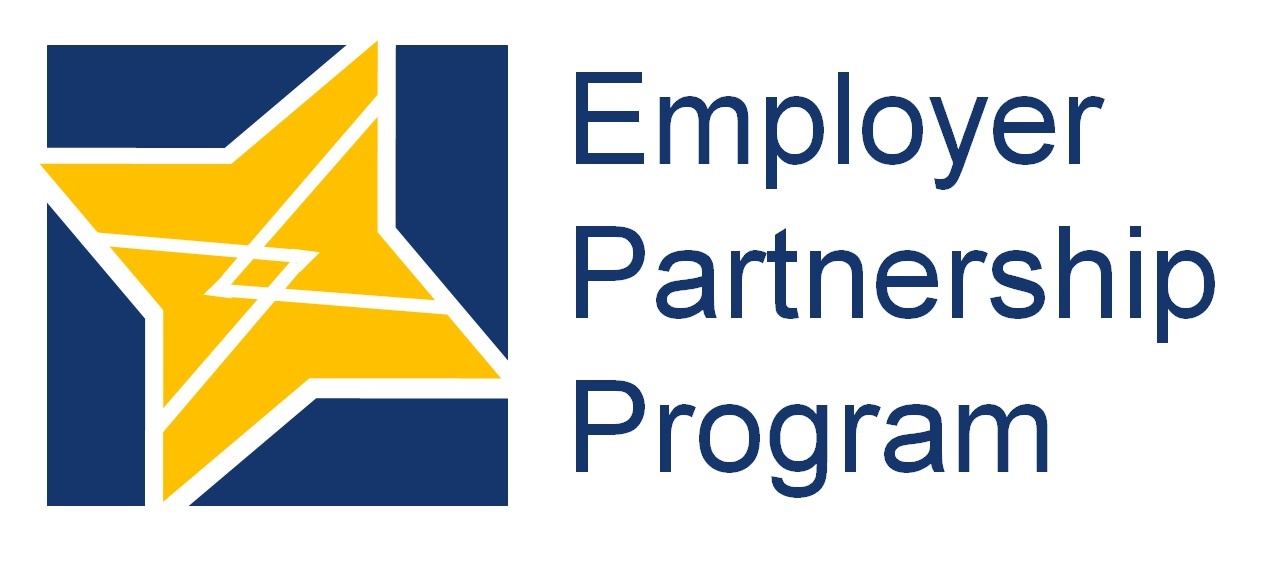FAQs about Résumés
-
What kind of jobs require a résumé?
It is appropriate when applying for any type of job to submit a résumé. By having one prepared, you are saying "I am serious about securing employment." -
Should a cover letter accompany my résumé?
Always! A cover letter (also called a "letter of interest" or "letter of application") is an introduction to your résumé and should include the reason you are writing, a statement that your résumé is enclosed, two or three reasons you are qualified for the job, and a request for an interview. -
How long should my résumé be?
One page at most. Studies show employers only spend 12 to 18 seconds reviewing a résumé. Much of what you may wish to put on a résumé can be reported in an interview. -
In what order should information be presented?
List the most current information about yourself first. That may be education or that may be employment history. The more skills you have that the employer is looking for, the better chance you have of securing an interview. -
Do I have to use company names and dates of employment?
Not necessarily. A functional style résumé highlights your knowledge, skills and abilities, generally followed by a short work history section. A chronological résumé lists data from most recent to oldest, including dates of employment. -
Should I change my résumé objective for each job I apply for?
It shows more interest if you can personalize your job objective each time. However, a résumé that is the same for all jobs is better than no résumé at all. Another option is to clearly state your objective in a cover letter. It is important that an employer be able to understand what kind of work you are looking for by reading your résumé. -
Is a résumé needed if I complete an application?
The first thing to do is check with the employer about her/his requirements. If there is no indication a résumé will not be considered, then yes, include one with your application. -
Who should my reference people be, and how many should I have?
Ideally, names of references should be on a separate sheet. They should know your work well. Include the name of the business where they are employed and a business phone. Be sure to confirm that your references will provide excellent recommendations about you. Generally, three references are sufficient. -
What color and quality of paper should I use?
Employers prefer standard paper in a white or off-white color. Use a laser printer to produce a letter quality résumé. Be sure to sign your name on the cover letter in blue or black ink. -
What personal information should I include?
Aside from your name, address, phone number and e-mail address, no other personal information should be included on your résumé. List activities and interests only if they are related to your objective.
Individuals with disabilities who require accommodations may review Policies & Procedures.

